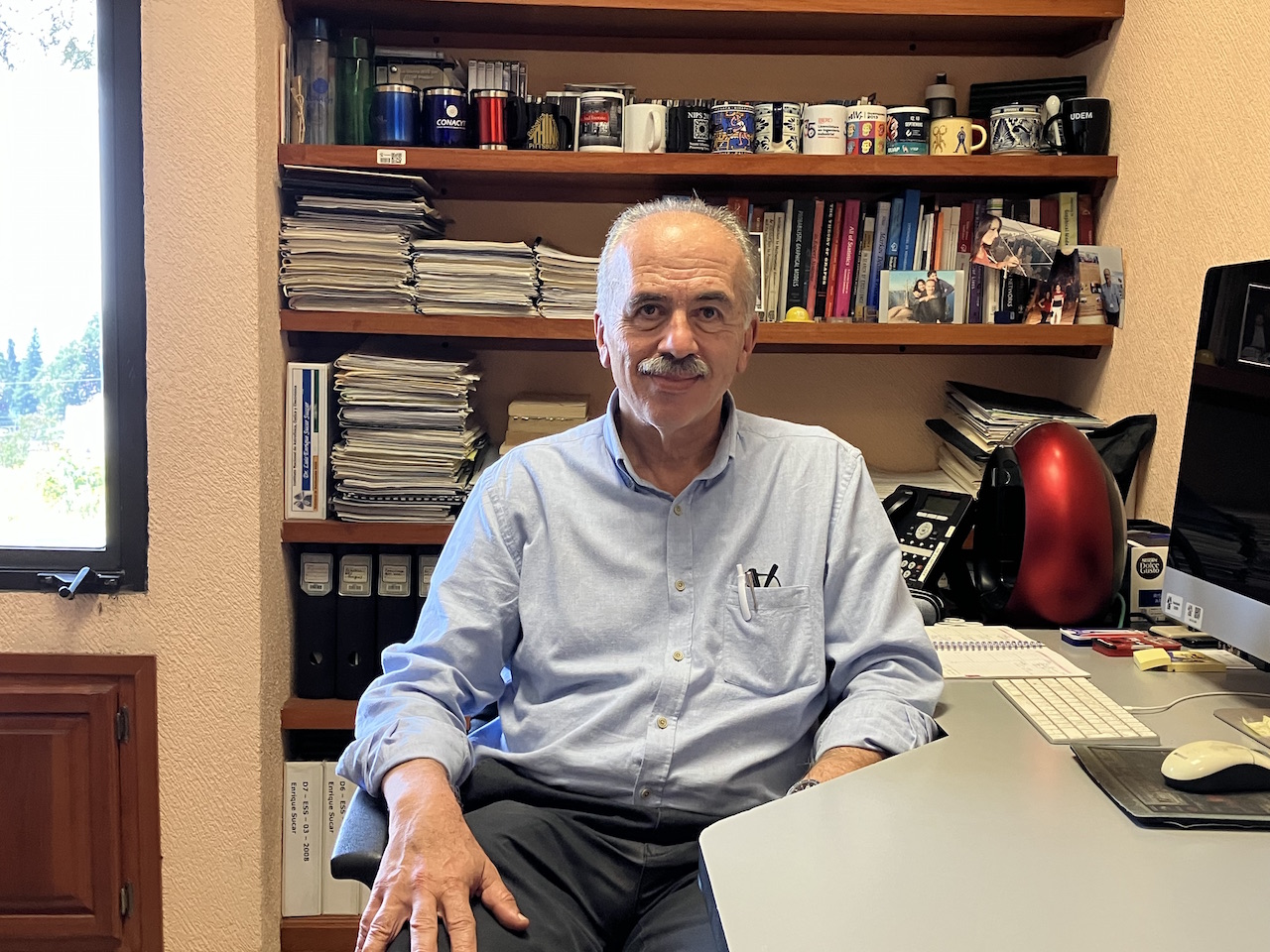Causal Discovery Workshop
Santa María Tonantzintla, Puebla, May 19, 2023. With the aim of presenting recent advances in causal discovery, including the different approaches that consider observational and/or intervention data, and also the construction of models with the help of human experts, from June 19 to 21 the Causal Discovery Workshop will be held at the National Institute of Astrophysics, Optics and Electronics. This workshop aims to bring together researchers and students from Artificial Intelligence, Machine Learning, Statistics and Cognitive Sciences working on causal discovery, causal model building and evaluation, as well as practical applications.

In an interview, Dr. Luis Enrique Sucar Succar, a researcher at INAOE's Coordination of Computational Sciences and organizer of the Workshop, reports that its origin is a project on learning causal models sponsored by Basic Science of Conahcyt, in which he and other researchers and students have been working for more than three years.
"The workshop is like the closure of the project, it is to share what we have done in this time with other researchers and students from Mexico and other countries, and to present the results of various works that we have developed throughout the project, and at the same time At the same time invite other people to do work in the area".
He adds that the registration to attend the workshop is open, there is no cost for INAOE students and researchers but there is a cost for external ones.
Causal models have many advantages, including the ability to reason about the effects of interventions, as well as the results of different scenarios or counterfactuals. The traditional approach to building causal models is by conducting experiments; however, these are often unfeasible, unethical, or too expensive. Recently there has been a lot of interest in the scientific community to learn causal models from observational data, but this is a great challenge, since only from observations it is not possible, in general, to define a unique causal model.
Regarding the program, Dr. Sucar adds that the first day of the workshop will be dedicated to four tutorials to introduce theoretical and practical aspects, some parts given by international guests, "it will be a good introduction to whoever is interested in the subject". Lectures will also be given, including two magisterial ones, and a discussion panel. The invited speakers are Professor Adan Darwiche, director of the Automated Reasoning Group at the University of California, Los Angeles (UCLA), and Dr. Rubén Sánchez Romero, from the Center for Molecular and Behavioral Neuroscience in the United States.
For more information visit https://cadisworkshop.com.mx/
Luis Enrique Erro # 1, Tonantzintla, Puebla, México, Código Postal 72840, Tel: (222) 266.31.00, difusion@inaoep.mx
This work is licensed under a Creative Commons Attribution-NonCommercial-NoDerivs 2.5 Mexico License.


